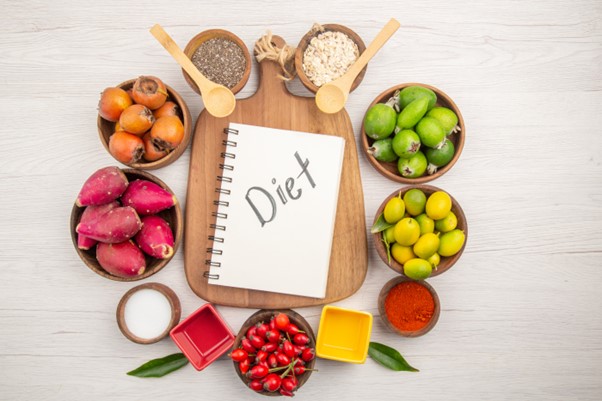What Are Piles?
Piles, also called hemorrhoids, are swollen veins in the lower part of the rectum or anus. They can cause pain, itching, and bleeding. Many people experience discomfort, especially during bowel movements. Although piles are common, they can be managed with the right care. An Ayurvedic diet for piles may help reduce symptoms and support healing.
How Ayurveda Views Piles
Ayurveda is an ancient Indian system of medicine. It sees piles as a result of imbalanced body energies, or doshas. Often, piles are linked to poor digestion and a buildup of toxins. Ayurveda focuses on gentle, natural remedies. It aims to restore balance and improve digestion. Therefore, an Ayurvedic approach includes diet, herbs, and lifestyle changes.
Principles of an Ayurvedic Diet for Piles
An Ayurvedic diet for piles centers on easy-to-digest foods. It also encourages regular bowel movements. The main goals are to reduce inflammation, soften stools, and avoid constipation. In addition, Ayurveda suggests eating fresh, warm, and lightly spiced meals. Drinking enough water is important as well. These steps help keep the digestive system healthy and prevent piles from getting worse.
Recommended Foods and Herbs
Choosing the right foods can make a big difference. Here are some Ayurvedic foods for hemorrhoids and natural remedies for piles:Whole grains: Brown rice, oats, and barley add fiber and help soften stools.Fresh fruits: Bananas, papayas, apples, and pears are gentle on the stomach.Cooked vegetables: Pumpkin, carrots, spinach, and bottle gourd are easy to digest.Legumes: Moong dal (split green gram) is light and nourishing.Healthy fats: Ghee (clarified butter) in small amounts can soothe the gut.Herbs: Triphala, aloe vera, and turmeric may help reduce swelling and support healing.Fluids: Warm water and herbal teas keep the body hydrated and aid digestion.
Foods to Avoid
Some foods can make piles worse. It is best to avoid them for faster relief. Here are common foods to limit or skip:Spicy foods, which can irritate the digestive tractDeep-fried and oily foods, as they slow digestionProcessed foods, including white bread and packaged snacksRed meat and heavy dairy productsCaffeinated drinks like coffee and colaAlcohol, which can dehydrate the body
Sample Ayurvedic Meal Plan for Piles
Following a simple meal plan can help manage piles. Here is a sample day:Breakfast: Warm oatmeal with banana and a teaspoon of gheeMid-morning: Fresh papaya or apple slicesLunch: Steamed rice, moong dal, cooked spinach, and carrot saladAfternoon: Herbal tea (like cumin or fennel) and a handful of soaked raisinsDinner: Barley khichdi (porridge) with bottle gourd and a small bowl of yogurt
Remember, eating at regular times and chewing food well also supports digestion.
Lifestyle Tips for Better Results
Diet is important, but lifestyle changes matter too. Here are some tips for better results:Stay active with gentle exercise, like walking or yogaDo not delay going to the bathroom when you feel the urgePractice stress-relief methods, such as deep breathing or meditationGet enough sleep every nightAvoid sitting for long periods
Prevention and Long-Term Care
Preventing piles is easier than treating them. Eating a balanced diet high in fiber helps keep stools soft. Drinking plenty of water is also key. In addition, regular exercise supports healthy digestion. If you notice symptoms, act early. Natural remedies for piles work best when started soon. Long-term care includes sticking to healthy habits and avoiding triggers.
For the best results, consult a qualified Ayurvedic practitioner for personalized dietary advice on piles.

